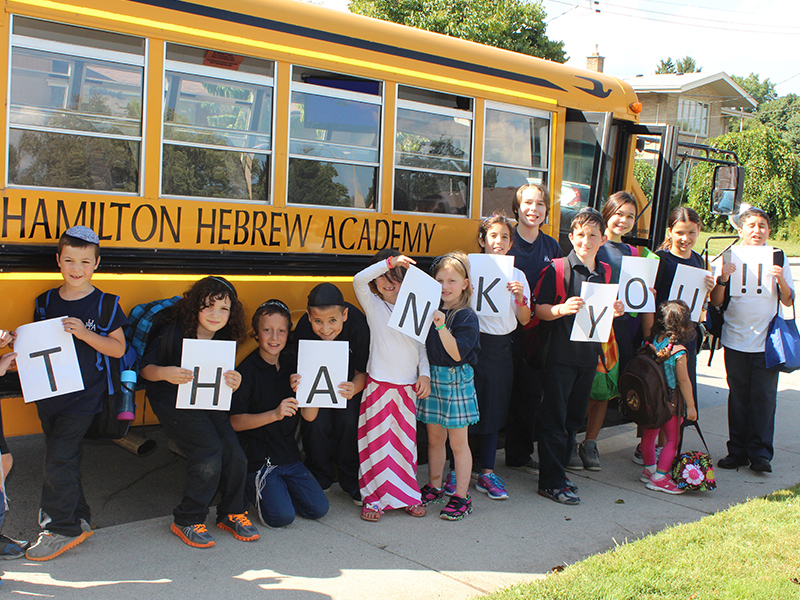When you ask today’s parents if they’re going to enrol their children in Jewish programs, the resounding response is, “maybe.” In a recent study of the Jewishly engaged of York Region, which garnered responses from 4,600 families, in every setting we explored – Jewish early childhood education, day and supplementary schools, day and overnight camps, and synagogues – when asked how likely they are to enrol their children, more respondents said “maybe” than “yes.”
The response from the York Region study mirrors the findings of research conducted a year ago on the transition to high school. When we surveyed Toronto day school students in grades 7 and 8 and their parents about the factors weighing on their choice of high school, we noted a trend that the final decision of school was being pushed later and later into Grade 8 and that, increasingly, children shared the decision with their parents.
Couched in political terms, there are more and more undecided swing voters, still debating whether they will enrol their children in these powerful Jewish experiences or not. Whereas once a child’s Jewish journey was somewhat prescribed, today, parents and children are undecided, waiting to be convinced of the extent to which they will engage in Jewish educational experiences.
READ: IF THE PRICE FOR JEWISH DAY SCHOOL WERE LOWER, WOULD THEY COME?
Our community needs to draw a page from the politician’s playbook and start campaigning for Jewish engagement. We need leaders who will wake up in the morning and go to sleep at night working to swing these undecideds our way. We need to pound the pavement.
The Anne and Max Tanenbaum Community Hebrew Academy of Toronto is undergoing such a change. While the school historically ran an admissions department, mailing applications to middle school families and (very successfully) waiting for the forms to be returned, based on the findings of the transition study described above, the school is transforming its admissions department into a recruitment department, actively seeking out families and stewarding them towards enrolment.
The growth of the “maybes” points to the need for a new type of Jewish educational leader. In addition to being steeped in Jewish content knowledge and an expert pedagogue, today’s successful Jewish educational leader must be an engager, a marketer and a community organizer capable of mobilizing others. The leadership of schools, camps, synagogues, and other Jewish organizations must concentrate not only on ensuring the highest quality (and affordability) of the programs they offer, but also on articulating the value proposition they offer to an increasingly discerning consumer and shouting it from the rooftops.
Centrally, we’re working with organizations to hone these skills. For day schools we’re collaborating with the Partnership for Excellence in Jewish Education and the Avi Chai Foundation to enrol schools in an 18-month fellowship program, Atideinu, designed to develop data driven recruitment strategies. For supplementary schools the first cohort of local professionals recently graduated from a recruitment and retention fellowship designed to develop and implement new tactics. We’re working on similar professional development for camps, synagogues and others, each of which is being guided by comprehensive market research.
READ: PAUL PENNA DOWNTOWN JEWISH DAY SCHOOL CELEBRATES 18 YEARS
It’s not enough, however, for the senior leaders of an organization to transform their own mindsets from admissions to recruitment. Rather, this mantra must reverberate throughout the organization to include teachers, students, parents, grandparents, donors, boards and others. Together we must all serve as ambassadors, turning maybes into yesses.
For decades, it was enough for educational institutions to focus on the quality of education, assured that there would be bums in seats and heads in beds. Today, in a market of maybes, we need pavement pounders, a new cadre of leaders who will focus on ensuring that we turn maybes into yesses, maximizing both the depth and breadth of impact of Jewish education on our community.
